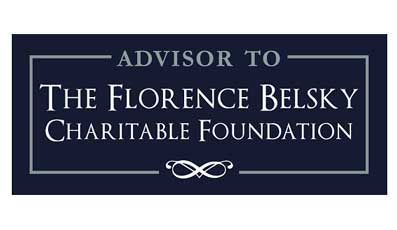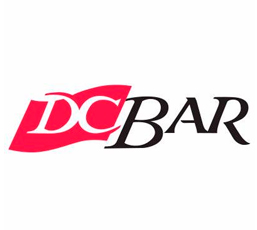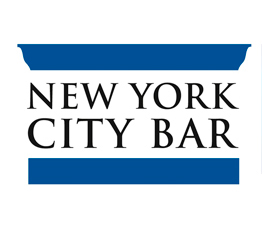As an elder law attorney, I used to roll my eyes (at least internally) when a financial guru espoused the benefits of revocable living trusts. My thought process was that a trust can cost a client a lot of money to form and should be recommended only when there was a specific reason to do so. The Coronavirus pandemic has provided that reason for a lot of clients and upended my previous thinking a bit.
There are several factors to consider when deciding whether a revocable trust is a good option for you. The costs, your desire for privacy and asset protection were factors to consider before the pandemic and remain factors today. What has changed is the value of being able to manage assets outside of the court system and other institutions.
In March of this year, courts and retail banks, normally reliable institutions, completely and abruptly shut down in-person operations. Surrogate’s Courts across New York have made commendable incredible efforts to continue their work, but delays have been avoidable. The ability of an agent to help someone manage their assets, frequently initiated by walking into a bank and presenting a Power of Attorney, has and there has been a lack of consistency among institutions. In contrast, administration of trusts, including management of trust assets has continued in a fairly smooth and recognizable way.
The “pause” we lived through this spring was unprecedented, but the possibility of future shutdowns looms large. Managing assets and estates in trusts provides an alternative to relying on institutions that may be subject to future closures. So, I’m jumping on the revocable trust bandwagon. While not appropriate in every situation, trusts have proven to be a valuable and practical tool for our brave new normal.







